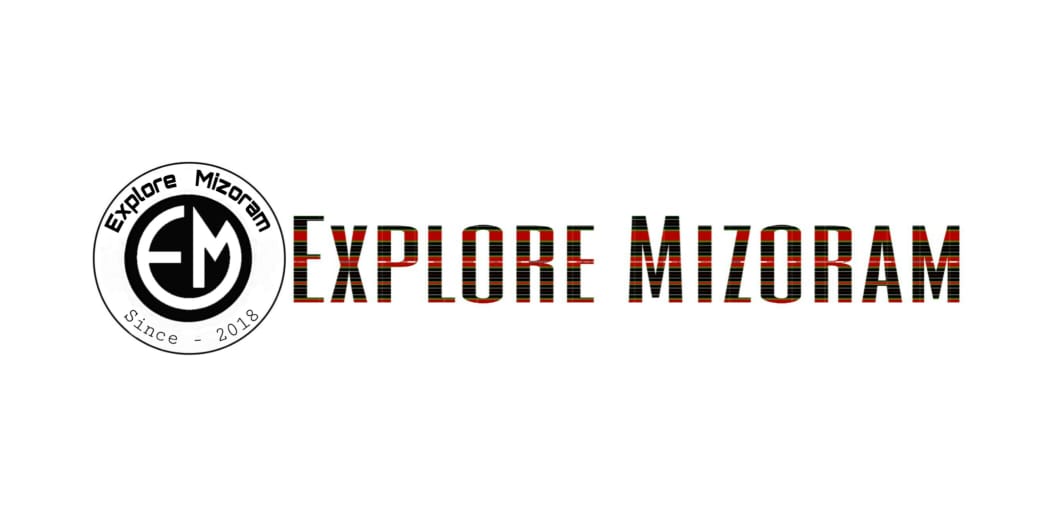At the beginning the College had no building of its own. The first building of the college was occupied on 16th January 1983 at its present location.
After affiliation to North Eastern Hill University up to Pre-University level in 1979, the College was given recognition by the State Government. Affiliation by the University upto Degree level was accorded to the College in 1982. In 1985, Kolasib College was accorded deficit status. Pre-University Science classes were started at the College in 1987, and were upgraded to Degree level in 1992, for which affiliation to the University was gained in 1994. Kolasib College was taken over by the State Government under Provincialization Rules from 31st January 1992, and then came to be known as Government Kolasib College. The College is presently affiliated to Mizoram University since the establishment of the latter in 2000.
The College is also included under 2(f) and 12-B of the U.G.C. Act, 1956.
Government Kolasib College is an undergraduate college of
Mizoram state in India located at Kolasib. It is a coeducation institute
governed by the Directorate of Higher & Technical Education, Education
& Human Resources Department, Government of Mizoram. It is affiliated to
the Mizoram University, a central university under University Grants Commission
of India. Established in 1978, it is nationally recognised under 2(f) and 12-B
of the U.G.C. Act, 1956.
Kolasib College is a branch institute of the Mizoram College
Teachers' Association.
Kolasib College is the first and only recognised college in
Kolasib district. It was established on public demand. A public meeting was
held on 10 October 1977 for starting higher education in Kolasib. An ad hoc
committee was created under the leadership of Vanlalngaia, as the Chairman, and
F. Hrangchhuana, as the Secretary. A complete Governing Body was established on
13 January 1978. With public donation, a college named "Kolasib
College" was inaugurated on 19 July 1978 as a private institute. The first
staff were recruited on 28 October 1977. The first pre-university classes were
conducted at Kolasib High School. The first batch consisted of 131 students,
who appeared for university examination in 1979 after affiliation to the North
Eastern Hill University. In 1908 the college was conducted at Kolasib Middle
School. Underdraguate courses were opened in 1981. In 1981 NEHU approved its
undergraduate course. In 1982 it was given official recognition by the state
government. The government allotted a separate campus, and with new buildings,
it was occupied in 1983. The Government of Mizoram recognised it as a
semi-governmental institute (the status called deficit college) in 1985. In
1987 science courses were started. It became a fully governmental college under
the Mizoram Provincialization Rules from 31 January 1992, and it was renamed
Government Kolasib College. It was fully approved by UGC in 1992. With the
establishment of Mizoram University in 2000, its affiliation was automatically
transferred to the new university.
 |
| Old building of GKC |
Courses
Kolasib College is a multidisciplinary institute offering
courses in arts, science, and computer science. There are eight subjects in
arts, namely, English, Economics, Education, Geography, History, Mizo,
Political Science, and Public Administration. There four in science, such as
Botany, Chemistry, Mathematics, Physics, and Zoology. Computer science is
opened as Bachelor of Computer Application (BCA). In addition, there are
distant-learning courses under its IGNOU centre.
Research
Kolasib College is conducting two UGC-funded major research
projects from 2014. "Study of photofield emission by using the
projectin-operation method of group theory and band structure
calculations" is in the Department of Physics, and
"Hydro-geochemistry of Tuichhuahen River - the main source of supply water
for Kolasib and Bilkhawthlir towns of Mizoram" is in the Department of
Chemistry.
College website: https://govtkolasibcollege.mizoram.gov.in/
College website: https://govtkolasibcollege.mizoram.gov.in/



Post a Comment
He post chungchanga i ngaihdan lo sawi ve rawh: